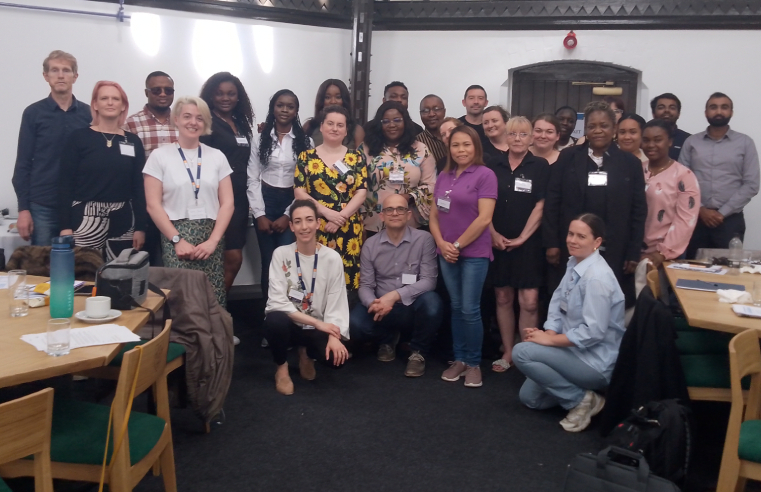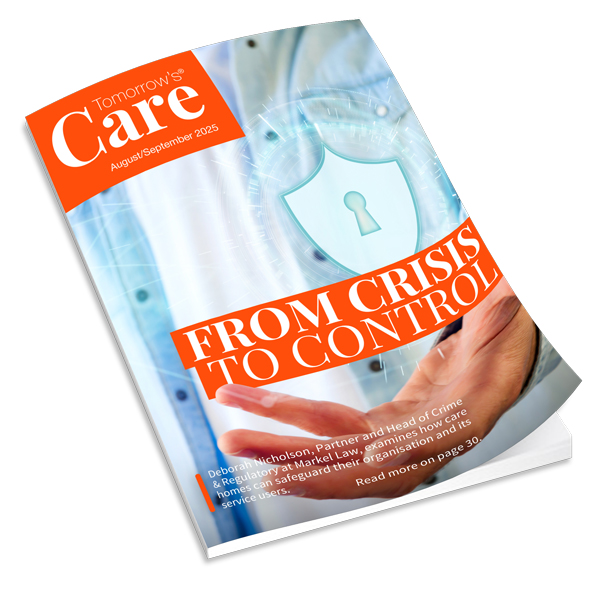Researchers identify gene associated with age-related hearing loss

Published on 06/07/2016
A new gene closely linked with age-related hearing loss has been identified by researchers.
The gene’s discovery could lead to the development of screening programmes to identify those at risk of an age-related hearing condition, years before symptoms appear.
The Medical Research Council study, published in Nature Communications, introduced new mutations at random positions in the genes of mice before they were born, and then monitored their health as they aged.
If an age-related condition developed, the researchers investigated which particular gene in that mouse had been mutated.
One gene identified in this way was Slc4a10, which was already known to be needed for eye function, but this new study linked defective Slc4a10 to age-related hearing loss for the first time.
Identifying this gene and others related to late-onset conditions in mice could prompt the investigation of the same genes in humans to ask if naturally-occurring mutations in them cause similar effects.
In future, screening people for defects in the genes identified could help to predict their chances of developing a particular condition, and the findings may one day inform treatment development or timing of interventions.
Lead researcher, Dr Paul Potter of MRC Harwell, said: “Our study is an important springboard for a better understanding of which genes in humans are involved in age-related conditions, and how changes in those genes influence this. This is a first and vital step in developing new therapies.”
Dr Lindsay Wilson, Programme Manager for Genetics and Genomics at the MRC, said: “As we get older, we have an increased risk of developing many conditions, including diabetes, cardiovascular disease, hearing loss and dementia. The genes that we carry can influence this, but it is hard to know which do, or how. This study increases our understanding of the genes related to ageing and ill-health and may ultimately help us to identify new treatments.”
Related News
Categories
- CQC ratings
- Care home news
- Care jobs
- Care planning
- Care sector awards
- Care sector events
- Care sector news
- Care staff
- Charity
- Cleaning & Hygiene
- Construction
- Dementia
- Disability
- Entertainment
- Finance
- Fitness
- Food & Drink
- Fundraising
- Furniture
- Health & Safety
- Healthcare
- Hospice & Palliative Care
- Hospitals
- Industry Comment
- Interiors
- Laundry
- Legal
- Leisure
- Medication
- Mental Health
- Mobility
- New appointments
- PPE
- Products
- Property
- Recruitment
- Relationships
- Research
- Safeguarding
- Security
- Services
- Social care
- Sustainability
- Technology
- Training
- Transport
- Uniforms
- Waste
- Wearables

























